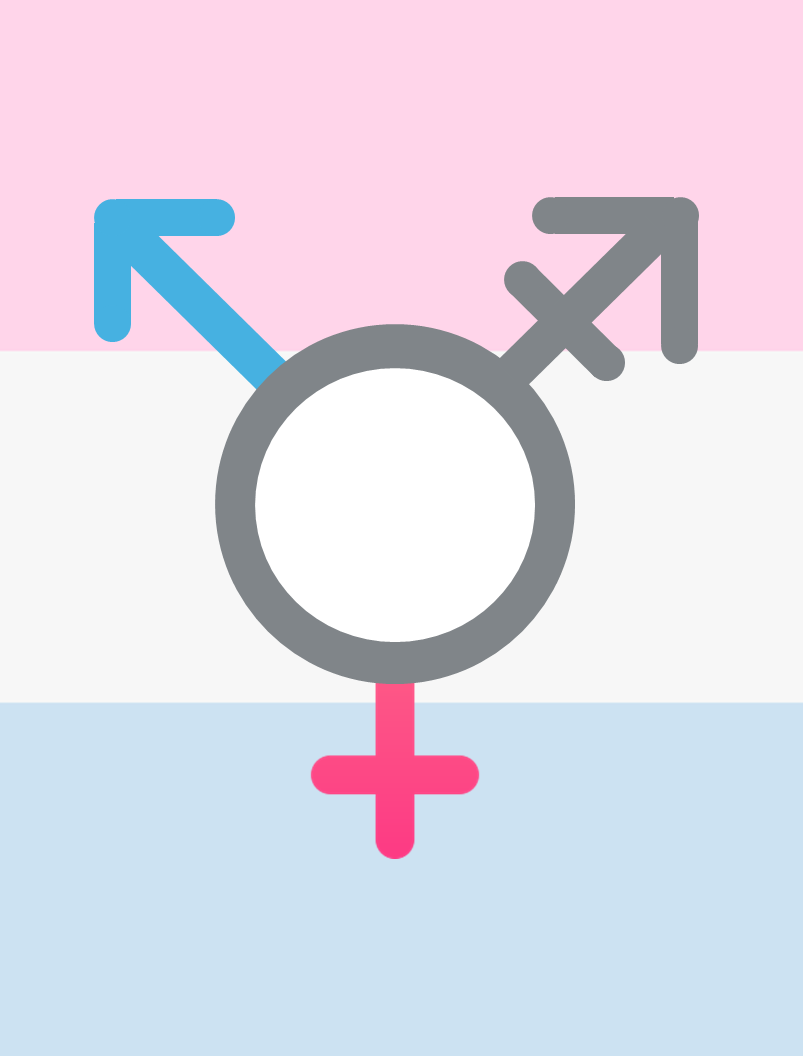I will never claim to understand politics. I get the gist (most of the time) but I am not a professional politician, nor do I want to be. What I do understand is the feeling of a full bladder and a full bathroom.
I think it’s a universal experience, chugging an entire 30-ounce soda while watching a movie and munching on popcorn. Then, the second the credits begin to roll, you rush to the bathroom.
I can’t imagine there not being a bathroom for me there. I can’t imagine feeling so isolated that the school I go to every day has a policy not allowing me to use the gendered restroom I identify with. But, for some people, they don’t identify with either sign hanging on the bathroom door.
Florida House Bill 1521 went into effect on July 1, 2023. To my understanding, it states public restrooms are to be used by males and females, which is to be determined by whatever the person’s sex was assigned at birth. Bathrooms in adult and juvenile correctional facilities, jails, buildings owned by the state, county, city, or special district and educational facilities from kindergarten through the university level must abide by the bill.
After the Florida HB was passed, FGCU added the “Florida Safety in Public Spaces Act” to the Student Code of Conduct. This section lays out new rules concerning students stepping into the bathroom that align with the gender they were assigned at birth.
If there is anything suspicious about certain people entering different bathrooms, it is in violation of the Student Code of Conduct if a student does not leave after being directed by a university official.
I don’t think these changes will have the ability to be enforced. There are certain levels of privacy that shouldn’t be violated. If these personal rights are being violated, this is an invasion by the university.
The state bill summary states, “[the bill] establishes a procedure for individuals to notify authorized persons for the public sector entities subject to the bill, that a person of the opposite sex has entered into a restroom or changing facility designated for exclusive use for females or males. The bill does not apply to persons born with a medically verifiable genetic disorder of sexual development under treatment by a physician, with specified conditions.”
I will not say I have a full understanding of the spectrum of people’s identities or claim to have the perfect solution when people’s comfort and safety are being excluded when it comes to using the bathroom. However, I will say that I can only imagine the anguish and fury that everyone who doesn’t feel seen by stick-figure signs feels.
Single-stall restrooms might not be a perfect solution, but I do think they provide reasonable accommodation to the issue at hand.
Single-stall bathrooms are typically not gender-specific and are therefore a way to get around this new policy. FGCU has over 60 single-stall restrooms dispersed throughout campus and in campus housing. The list of single-stall restrooms can be found here or under FGCU’s campus accessibility page.
I’ve heard some people suggest getting rid of the signs and letting bathrooms be bathrooms with no gender specifics. For safety reasons, I don’t know if that is the best solution, but I don’t see the harm in having more single-stall restrooms. It is far more peaceful than having people awkwardly look through the cracks to see if the stall is empty and they are more inclusive, too.
























